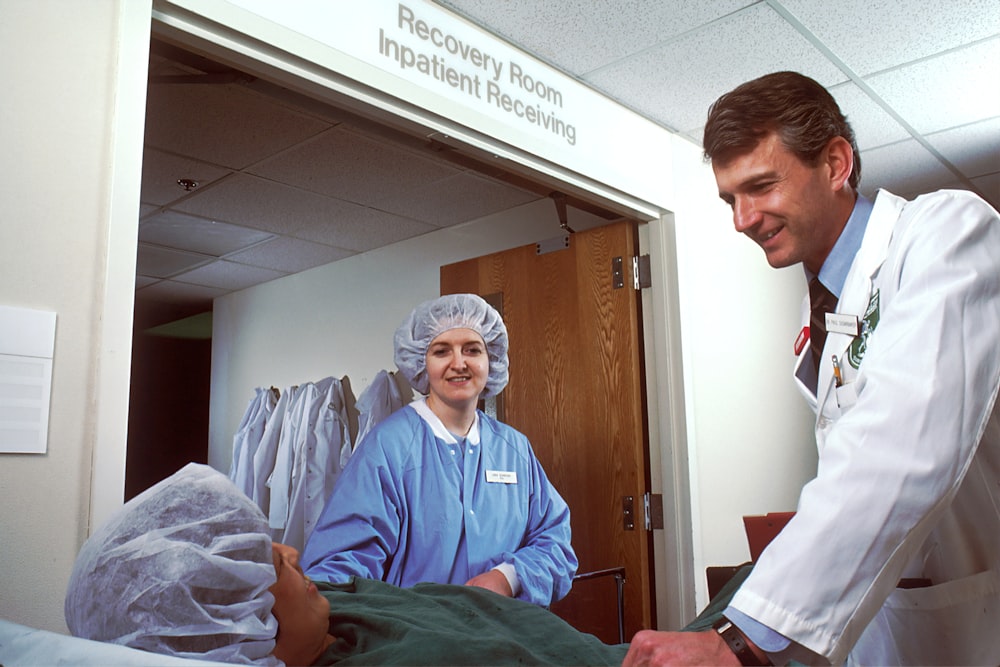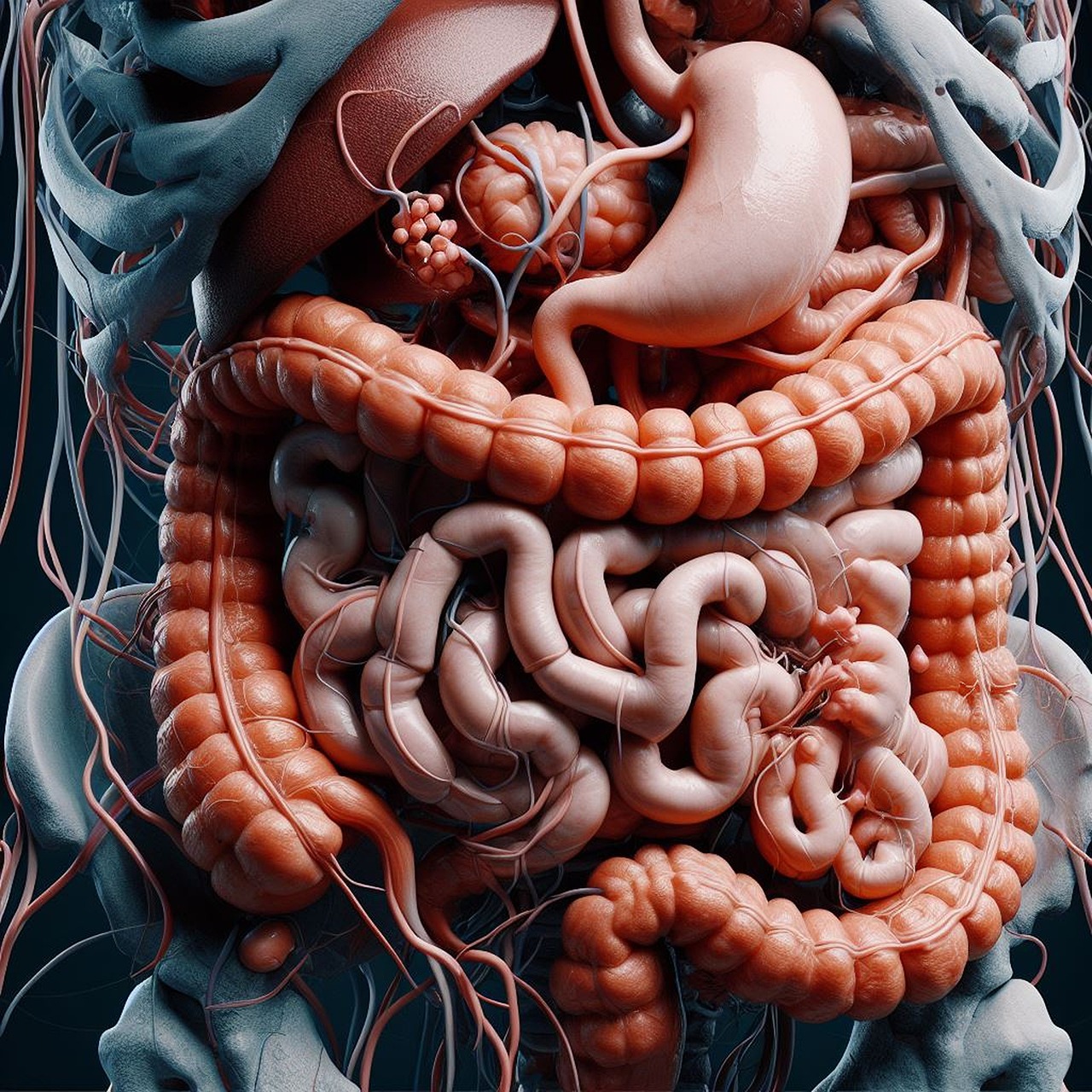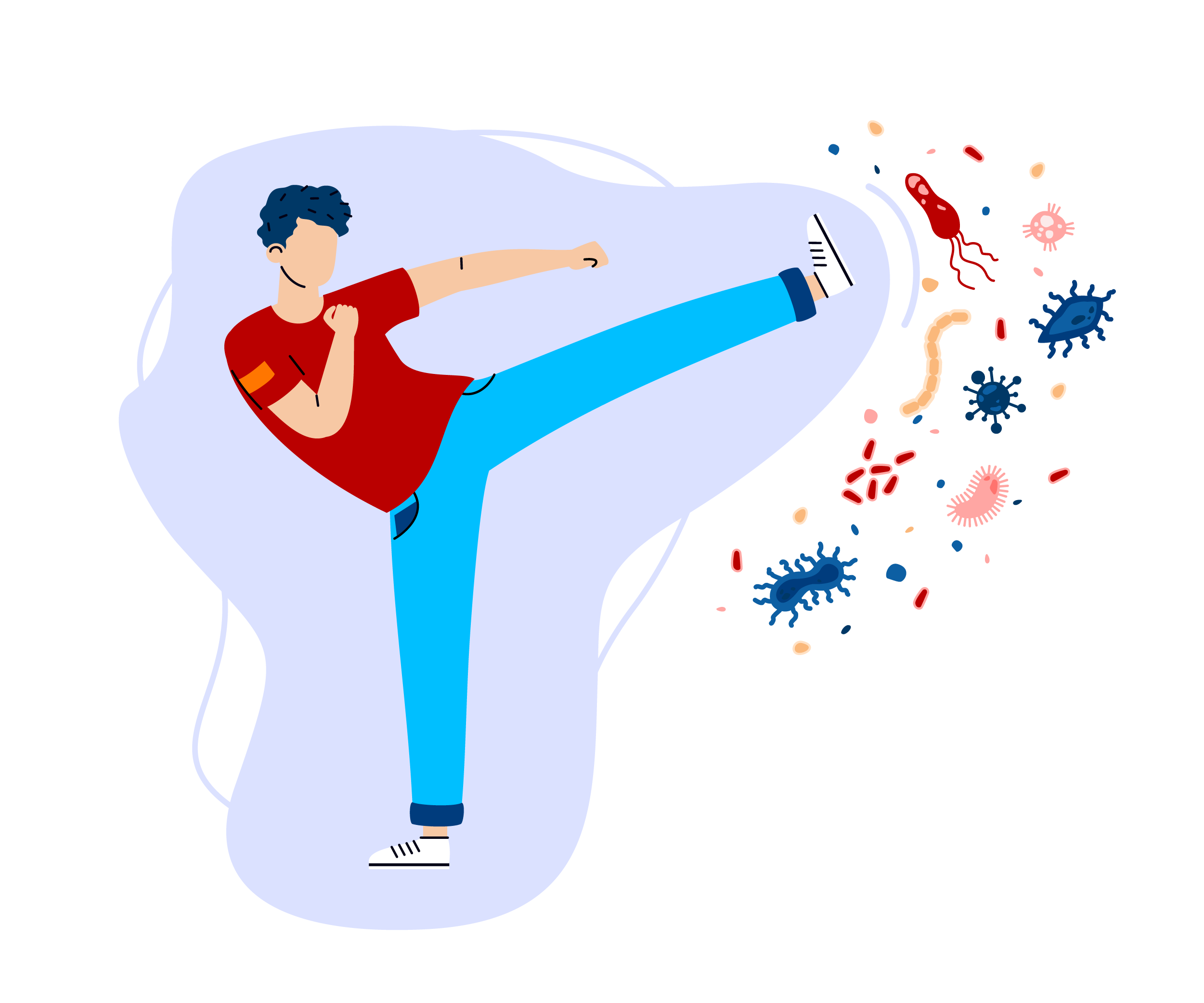
Many people aren’t responsible enough to remember to schedule an annual health check up, or they just don’t want to. After all, it is slightly uncomfortable and a minor inconvenience that disrupts your schedule. Some of the tests that take place during an annual health check up feel quite nerve-wracking, making these check ups something few people look forward to. However, any inconvenience or discomfort is a minimal price to pay to protect your health. An annual health check up is critical to your overall health and wellness, because early detection of any illness, cancer or disease prevents exacerbation, equates to more successful treatments, and increases your chances of survival.
An annual physical is about more than just getting a clean bill of health. It is a vital diagnostic tool that grants you peace of mind and ensures you continue having a high quality of life. After all, annual health check up results can help you prevent the onset of chronic illnesses. For example, finding out you have poor cholesterol markers will compel you to eat healthier and exercise more often. To ease your anxiety and fears about your health check up, it would help to know what you can expect in your routine physical evaluation. Learning more about it will make the entire process less stressful for you.
The Basics of an Annual Health Check Up
Your primary care physician will take time listening to your concerns and complaints during your physical, and provide some counseling and advice. Your annually physical will typically include the following:
Discussion of Medical History
Your doctor will ask about your lifestyle over the past year, including habits such as smoking, drinking, drugs, sexual activity, exercise, and diet. An exam of your past medical chart is done to see if you need any vaccines updated. Your personal and family medical history records are also rechecked.
Checking Your Vital Signs
Some of the vital signs your doctor may check usually include the following:
- Blood pressure: less than 120 systolic and less than 80 diastolic for normal blood pressure
- Heart rate: average values are between 60 and 100 beats per minute
- Respiration rate: standard rate is 12 to 16 breaths per minute, with more than 20 breaths suggesting a heart or lung issue
- Temperature: normal body temperature ranges from 97.5°F to 98.9°F (36.4°C to 37.2°C)
Heart and Lung Exam
Using a stethoscope, your doctor will check both organs for any health concerns. For the heart, the doctor watches out for irregular heartbeats or murmurs during your health check up. As for your lung health, they listen for wheezes, crackles, diminished lung capacity or decreased breath sounds.
Head and Neck Exam
Expect your doctor to ask you to open your mouth by saying, “Ahhh” to inspect your throat and tonsils. The state of your teeth and gums also says a lot about your overall health. Next, your doctor will check your ears, nose, and eyes using a special light. Finally, hand palpation can be done to check the nodes and arteries on the head and neck.

Abdominal Exam
A broad range of techniques is used on the abdomen, from pressing with the hands to tapping the abdominal area to examine the liver size, feel for the presence of fluid, or check for tenderness and other sensitivities. Sometimes, a stethoscope is used to listen to bowel sounds and assess abnormalities.
Neurological Exam
The most standard neurological component of a physical exam is getting your knees hit with a tiny mallet to check your reflexes. During your health check up, the doctor may also ask you to push or pull your hands and feet to check for balance and muscle strength. Aside from that, questions may be asked to evaluate your mental health.
Skin Exam and Mole Inspection
A surface exam on the skin and nails is done to spot any abnormal moles, lesions, spots, or rashes on the skin. This glance over is vital to assess any dermatological issues that could represent underlying problems in your body.
Extremities Check
Your doctor will assess how quick you are to stand or sit. The goal is to check for any physical or sensory changes. If you have problems with walking, this can be a sign of joint abnormalities such as arthritis or muscle tears.
Notably, those mentioned above are standard procedures during an annual checkup. They are generally painless and will cause you a little discomfort. Doing these assessments give a glimpse of your overall health. Your doctor will note down any irregularities, and you will be given treatment or a referral to a specialist.
Female Reproductive Tests
Apart from the standard procedures, women can expect a whole set of annual exams specifically suited for their unique reproductive system. Women need regular health check ups to check for signs of breast cancer and cervical cancer. You may see your primary care physician for this or visit a women’s health clinic. All of these annual procedures are vital to your optimal health.

Breast Exam
In an annual clinical breast exam, your doctor will both visually and physically palpate your breast. The goal is to check for any lumps, bumps, or skin abnormalities that could indicate the presence of breast infections or cancer.
Mammogram
The CDC or Center for Disease Control recommends this breast screening for informed and shared decision making. A mammogram is a breast exam for older women. You are required to get a baseline one at 40 years old. This involves gently sandwiching your breast in between two radiographic chest plates. It then takes an imaging scan of your breast tissue. This is the most effective method to detect even the earliest and most minor signs of breast cancer.
Pelvic Exam
Your gynecologist will visually and physically examine your external vagina and internal cervix to check for abnormalities, infections, and other conditions. A part of this exam includes inserting two glove fingers into your vagina to feel your uterus and ovaries for abnormalities. It can be uncomfortable, but it shouldn’t be painful.
PAP smear and HPV Test
These screenings are vital to examine the presence of precancerous and cancerous cells in the cervix. Your doctor will insert a sterile swab to gently scrape off your cervical cells. The sample is then sent to the lab for analysis. This is usually recommended for women 21 to 65 years old. Risk factors like family history, sexual activity with multiple partners, or weakened immunity will determine how often you need the PAP smear and HPV tests.

Laboratory Testing: Blood Tests
Most doctors recommend routine blood tests such as the CBC or complete blood count, chemistry panel, and urinalysis. These tests provide helpful information for your doctor to see your holistic health. For instance, a lipid panel profile or cholesterol test which checks for HDL and LDL cholesterol levels can help you tweak your diet to combat hypertension and heart disease. Abnormal cholesterol levels increase your risk for heart attacks or strokes.
Similarly, overweight people or those with a family history of diabetes need their fasting blood sugar checked. People who are over the age of 45, regardless of weight, must also be screened for diabetes.
Annual Health Check Ups Emphasize Prevention
It’s irresponsible not to go for annual health check ups. Your annual health check up is an opportunity for screening and prevention. Its goal is to keep you healthy for the long haul by helping you modify your lifestyle habits like your diet and exercise. If there are any signs of problems, they can be nipped in the bud before they become worse. The longer you wait for treatment, the more expensive, invasive, and painful certain treatments are. Successful treatments hinge on early detection.
Thus, people with genetic health risks should be more vigilant when it comes to scheduling a complete physical. For instance, if you have a family member with colorectal cancer, you need stool screenings and colonoscopy. The same goes for women with a family history of breast cancer. In addition, knowing your genetic predispositions encourage you to be more mindful of your diet, such as avoiding carcinogenic foods. Furthermore, there are different screening guidelines for health check ups based on your genetic risk factors.
Remember, healthy behaviors and habits are more effective than medication in preventing illness. Therefore, you should incorporate at least 30 minutes of exercise at least five days per week, eat a clean diet, and avoid smoking and excessive alcohol consumption. Take a CircleDNA test to find out your genetic health and disease risks.
Annual physical exams may be a little uncomfortable or inconvenient, but they are diagnostic tools that enable your physician to monitor and evaluate changes that take place in your body. Results may be indicative of an underlying health condition. Catching these signs increases your chances of survival. You must be proactive in preventative care if you want to live a happy, healthy life for many years to come.







This Post Has One Comment
Comments are closed.